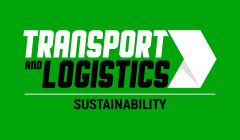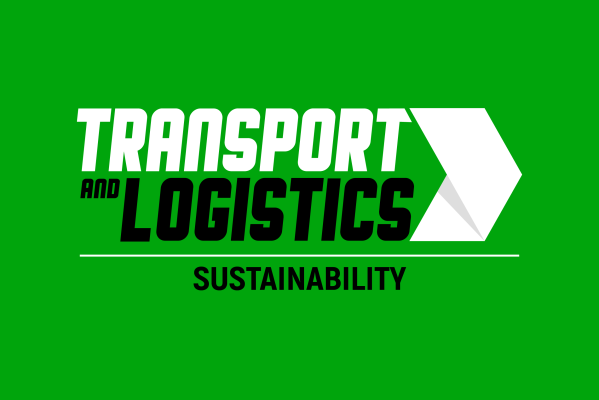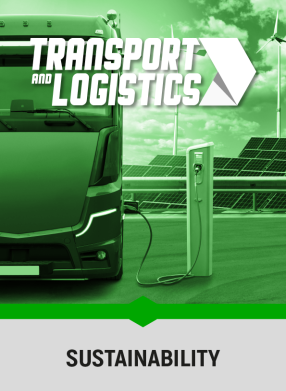Commenting in response to the government’s ‘electric vehicle revolution’ announcement, Denise Beedell, Public Policy Manager at Logistics UK, says:
“Regulation for the ‘electric vehicle revolution’ to ensure all new buildings, including homes and workplaces, are fitted with electric vehicle charge points is a vital step forward in England’s transition to a net zero emission economy. However, we need to see a faster and deeper acceleration of electric charging infrastructure across all sectors of the economy to speed up the decarbonisation of the logistics industry, in particular. With the government announcing a commitment to make it easier to pay for charging, Logistics UK is pressing them to introduce a centralised billing system for commercial operators which would make payment for businesses as seamless as possible.
“Logistics UK is also the urging the government to grant exemptions to the new-build rule for certain sectors that often operate in remote areas off the electricity grid, such as mining and quarrying. Owing to the nature of their work, these businesses are also more likely to move their site locations regularly and use heavier vehicles over vans or cars, making the expense of installing electric charge points unreasonable, especially until suitable electric HGVs are available for mass market purchase.”
Logistics UK is one of the UK’s leading business groups, representing logistics businesses which are vital to keeping the UK trading, and more than seven million people directly employed in the making, selling and moving of goods. With COVID-19, Brexit, new technology and other disruptive forces driving change in the way goods move across borders and through the supply chain, logistics has never been more important to UK plc. Logistics UK supports, shapes and stands up for safe and efficient logistics, and is the only business group which represents the whole industry, with members from the road, rail, sea and air industries, as well as the buyers of freight services such as retailers and manufacturers whose businesses depend on the efficient movement of goods.












